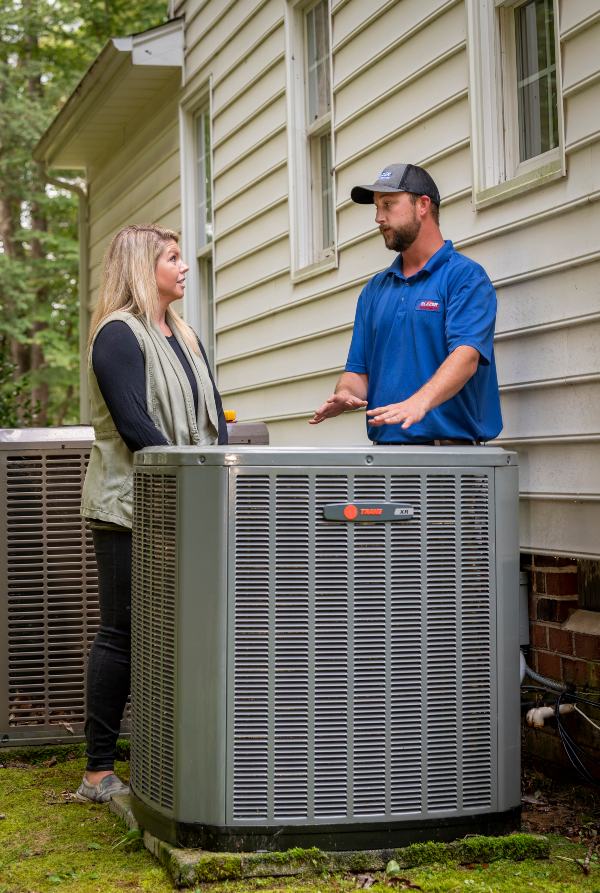
Geothermal Heat Pumps
Geothermal heat pumps utilize the stable temperature of the earth to heat and cool homes. By transferring heat from the ground to your home in the winter and vice versa in the summer, these systems offer exceptional energy efficiency.
Air-Source Heat Pumps
Air-source heat pumps work by extracting heat from the outside air, even in cold temperatures. While not as efficient as geothermal heat pumps, they are still a more energy-efficient option compared to traditional furnaces.
Hybrid Heat Pumps
Hybrid heat pumps combine a heat pump with a gas furnace, providing the efficiency of a heat pump while offering backup heat during extremely cold weather.
Radiant Heating Systems
Radiant heating systems use electric or hydronic systems to heat floors, walls, or ceilings. These systems are highly efficient because they heat objects directly, rather than heating the air.
Pellet Stoves and Furnaces
Pellet stoves and furnaces use wood pellets as fuel, which are a renewable and carbon-neutral energy source. They can be highly efficient, but require regular maintenance and ash removal.
Factors to Consider
When choosing the most energy-efficient heating system for your home, consider the following factors:
- Climate: Your local climate will influence the best type of heating system for your needs.
- Home Size and Insulation: The size and insulation of your home will determine the heating capacity required.
- Initial Cost and Long-Term Savings: Compare the upfront costs of different systems with their potential long-term energy savings.
- Government Incentives: Research available government incentives or rebates that can help offset the cost of installing a new heating system.
Additional Tips for Energy Efficiency
- Proper Insulation: Ensure your home is well-insulated to prevent heat loss.
- Seal Air Leaks: Caulk and weatherstrip windows and doors to prevent air leaks.
- Programmable Thermostat: Use a programmable thermostat to optimize heating schedules.
- Regular Maintenance: Regularly maintain your heating system to ensure it operates efficiently.
By carefully considering these factors and implementing energy-efficient practices, you can choose the most suitable heating system for your home and reduce your energy consumption.
